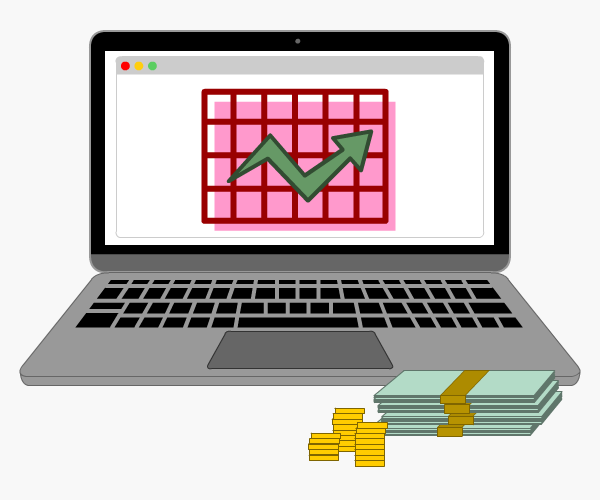
Personal finance is unfortunately not a subject taught in all schools. For this reason, some young people leave school without knowing how to manage money effectively. Many are also clueless about applying for credit and therefore may acquire credit cards and loans that they do not necessarily need and which they cannot afford. It is also important to learn how to pay bills while remaining debt-free.
One of the biggest mistakes young adults make with money is taking on unnecessary debt. The only type of debt that should be considered is smart debt, and only if they can comfortably afford the repayments. A smart debt includes a mortgage or a student loan, assuming the cost of the education guarantees a suitable career and adequate wage.
Here are some personal finance tips for school leavers that should help set them up to be financially responsible adults:
- Setting a budget.
- Learning self-control.
- Starting an emergency fund/savings account.
Set a Budget
Personal budgeting is the foundation of managing money and setting a budget is a relatively simple task. First, list all your monthly income. Next, subtract all your monthly expenses from the income. If your expenses are more than your income, then you need to work out how to cut out unnecessary expenses. If you have more income than expenses and there is money left over, it is important to have a savings strategy. Once a budget has been put in place, it is easier to track money and see where you may be overspending. This makes it easier to see where you have room to make extra allowances and savings.
Learn Self-Control
Self-control is generally something that parents try to teach children — the art of saying no to unnecessary demands. It is important that school leavers and young adults learn how to distinguish between wants and needs. This does not mean you cannot treat yourself. However, having the self-control to save money and think about future plans and goals is far more financially rewarding.
Emergency Fund/Savings Account
Having an emergency fund is a good financial goal. Choose a savings goal that you are comfortable with — perhaps £500 to £1000. This should be saved in a separate bank account or credit union account. It is an intelligent financial decision which could prove invaluable if something urgent crops up. Once your emergency fund goal is reached, any extra money can be placed into an additional savings account.
The reality is that most school leavers and young adults struggle with money because they were never taught financial skills. Hopefully the above tips provide a useful guide to help steer young people towards financial responsibility.

